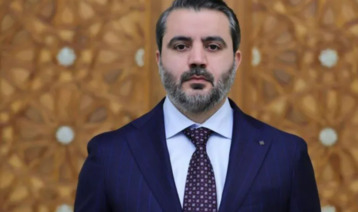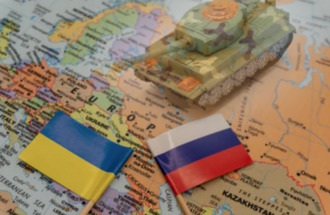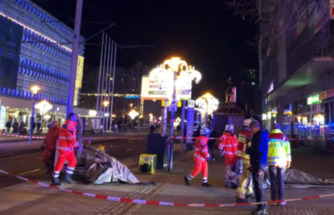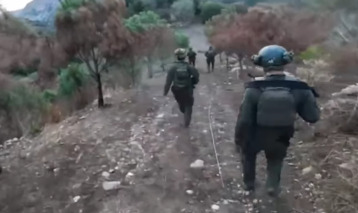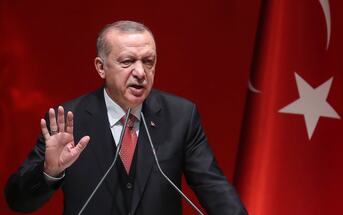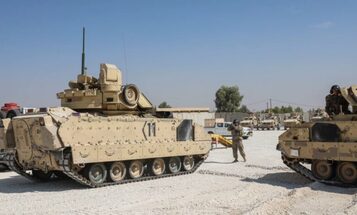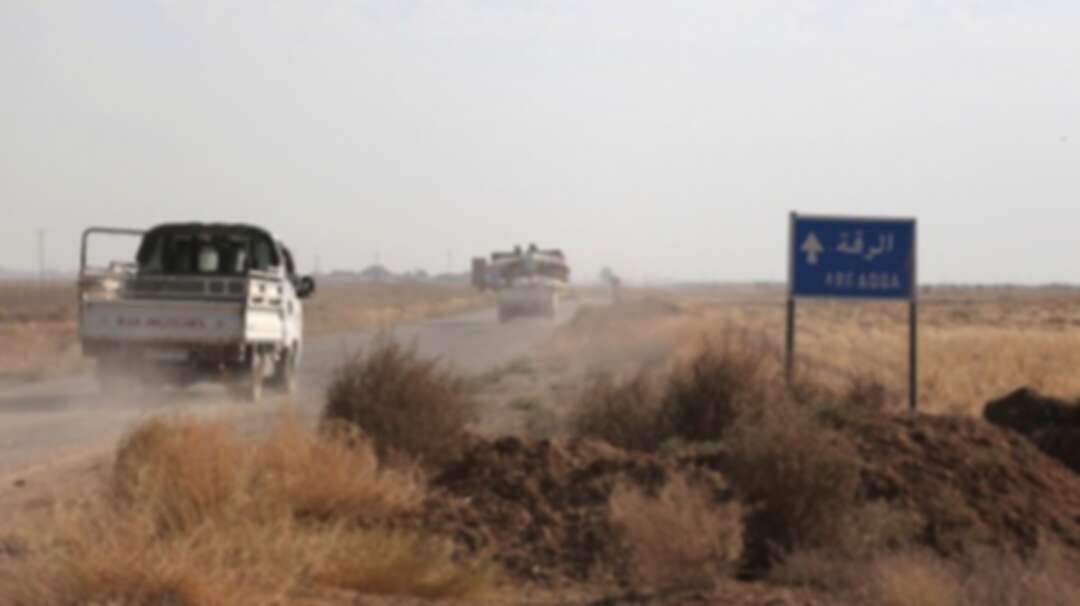-
With Lowest Turnout Since 2011.. Kais Saied Wins Second Presidential Term
-
Kais Saied's landslide victory despite low voter turnout indicates a state of societal division in Tunisia, which may hinder reform efforts and achieving political stability
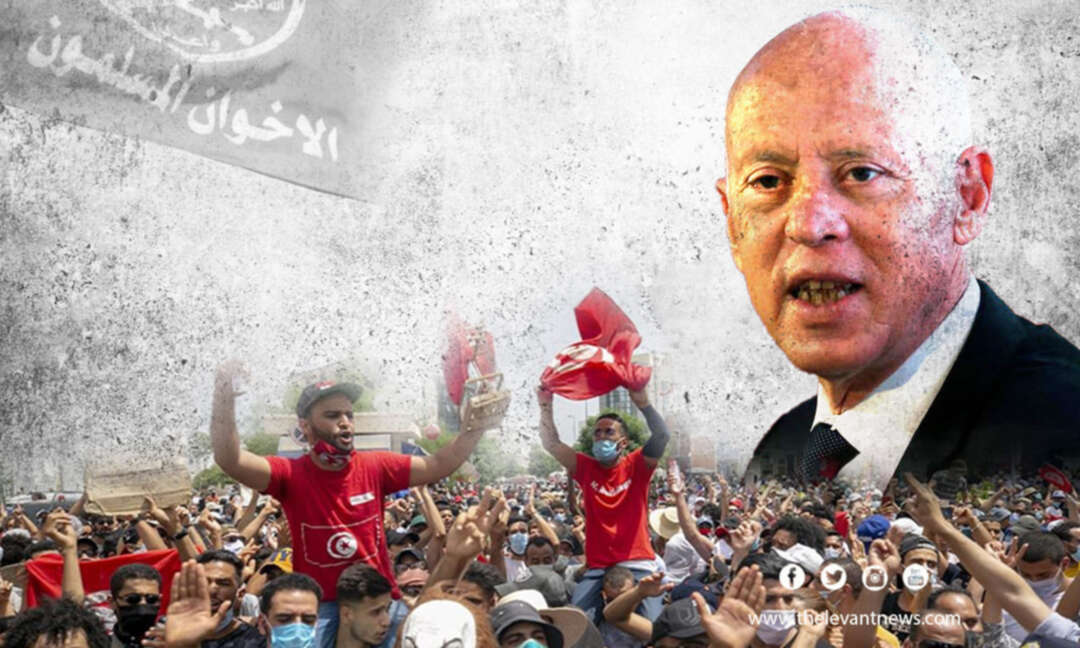
The Independent High Authority for Elections in Tunisia announced the victory of President Kais Saied for a second presidential term, with an overwhelming majority from the first round in the presidential elections held on Sunday.
The head of the authority, Farouk Bouasker, revealed during a press conference held Monday evening that the preliminary results showed Saied obtaining 2,438,954 votes, equivalent to 90.6% of the votes cast.
In contrast, Saied's competitors received modest percentages of votes. Ayachi Zammel gained the support of 197,515 voters at 7.3%, while Zuheir Maghzaoui garnered only 52,903 votes, representing 1.9% of the total votes.
Despite Saied's sweeping victory, the elections witnessed low voter turnout. The number of participants in the voting process inside and outside Tunisia reached only 2,808,548 voters, representing a turnout rate of 28.8%.
This percentage is the lowest recorded in Tunisian presidential elections since 2011, raising questions about the extent to which this result represents the will of the entire Tunisian people.
The president-elect faces a series of significant challenges during his upcoming five-year term. Most prominent among these challenges are combating youth unemployment, which has reached about 16%, and putting an end to the exacerbating inflation problem, which has reached about 7%. This inflation has led to a sharp rise in prices and a deterioration in the purchasing power of Tunisian citizens.
In addition to the complex economic file, Saied must address the ongoing state of political division in the country. Political division casts its shadow over the Tunisian scene, requiring strenuous efforts to achieve consensus and build trust between various political and social parties.
Analysts view that the low turnout in the elections may reflect a state of frustration and distrust among a broad segment of citizens towards the entire political process. This places an additional responsibility on Saied to restore citizens' confidence in the political system and its ability to meet their aspirations.
These elections come amid difficult economic conditions in Tunisia, where the country is suffering from a severe financial crisis and a rise in inflation and unemployment rates. Tunisia also faces pressure from international financial institutions to implement structural reforms in its economy in exchange for new loans.
It appears that the coming period will be crucial for Tunisia's future. President Saied will have to prove his ability to achieve the desired economic reforms and enhance political stability, in light of multiple internal and external challenges. The question remains: Will Saied be able to fulfill the aspirations of Tunisians and restore confidence in the country's democratic path?
Levant-Agencies
You May Also Like
Popular Posts
Caricature
Syrians' concerns now
- December 10, 2024
Syrians' concerns now #Syria
#Bashar_al-Assad
#Liberation_of_Syria
#Syrians
#Future_of_Syria
#Levant_News

opinion
Report
ads
Newsletter
Subscribe to our mailing list to get the new updates!

